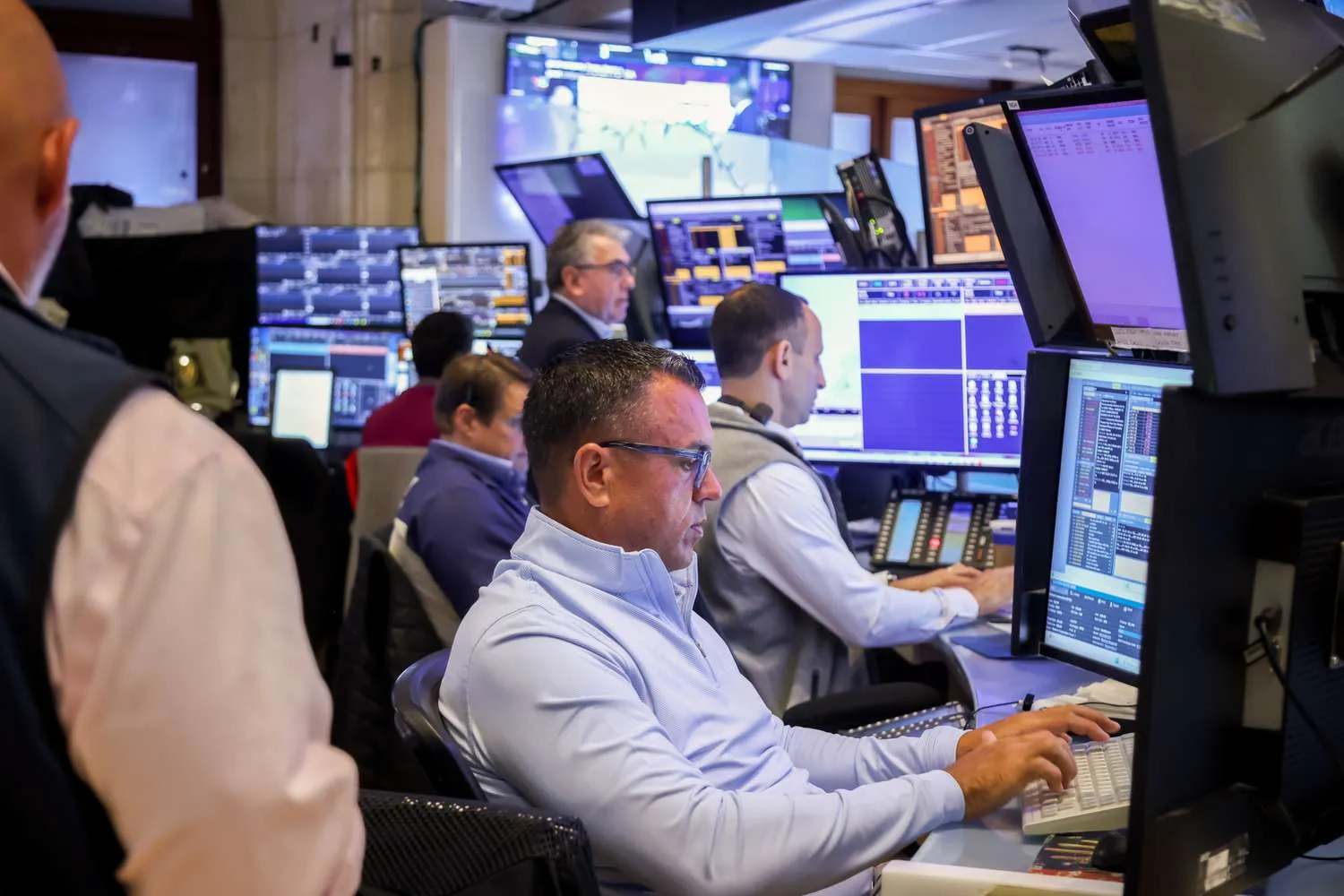U.S. consumer confidence fell sharply in November, nearing one of the lowest readings on record as the prolonged government shutdown and stubbornly high prices darkened Americans’ outlook on the economy and their personal finances.
The University of Michigan’s preliminary sentiment index dropped 3.3 points to 50.3, just a touch above its June 2022 low of 50, which remains the weakest level since the survey began in 1978. The latest reading came in below nearly all economist forecasts in a Bloomberg survey, highlighting how quickly optimism has faded.
A separate measure tracking current economic conditions tumbled 6.3 points to 52.3, setting a new record low, as concerns over the impact of the government shutdown grew. The decline in confidence was broad-based, cutting across income levels, age groups, and political affiliations. Among Democrats and independents, optimism fell to its lowest point in data going back to 1984.
While more consumers spontaneously cited high prices as a growing concern for the fifth consecutive month, longer-term inflation expectations showed signs of easing. Respondents now expect prices to rise at an average 3.6% annual rate over the next five to ten years a three-month low. However, short-term inflation expectations for the coming year ticked slightly higher, according to Friday’s report.
“Consumers are feeling pressure on their personal finances from several directions,” said Joanne Hsu, director of the survey. “Many anticipate that labor market conditions will worsen in the months ahead and that they themselves could be affected.”
That concern was echoed in separate data from the Federal Reserve Bank of New York, which showed Americans growing increasingly uneasy about job security for a third straight month. The share of respondents who believed they could lose their job within the next year rose to 43% in October, the highest since April.
The University of Michigan’s gauge of personal finances sank to its lowest level in six years, while the index measuring buying conditions for major household items dropped to its worst point since mid-2022.
Anxiety about unemployment also surged, with 71% of consumers now expecting joblessness to rise in the next 12 months more than double the share from a year earlier. “Consumers’ expectations regarding their own risk of job loss worsened further this month, climbing to the highest reading since March 2025,” Hsu added.
The gloomy outlook comes even as hiring data show modest gains. On Wednesday, the ADP Research Institute reported that private-sector payrolls grew by 42,000 in October, marking the first increase in three months. But that slow pace of job creation, combined with a wave of layoff announcements from major corporations, has done little to reassure households.
The expectations index, which tracks views of future economic conditions, slid to a six-month low of 49. With the government shutdown now the longest in U.S. history halting the release of key federal statistics, the true picture of the economy has become increasingly murky. For now, private-sector data like the University of Michigan survey serve as a stand-in during the information blackout. The November sentiment data were collected from October 21 to November 3.
Despite the slump in sentiment, some economists remain cautiously optimistic about consumer spending. “While confidence may rebound somewhat once the shutdown ends, overall sentiment will likely remain historically low,” said Thomas Ryan, North America economist at Capital Economics. “That said, we still expect fairly steady consumption growth through this quarter and into next year, as the connection between consumer sentiment and actual spending has weakened in recent years.”
In short, Americans are increasingly uneasy about their financial footing and the broader economy. Between high prices, political gridlock, and job market uncertainty, consumers appear braced for turbulence heading into the new year even as economic fundamentals, for now, remain relatively resilient.

Subscribe to our newsletter!
As a leading independent research provider, TradeAlgo keeps you connected from anywhere.








